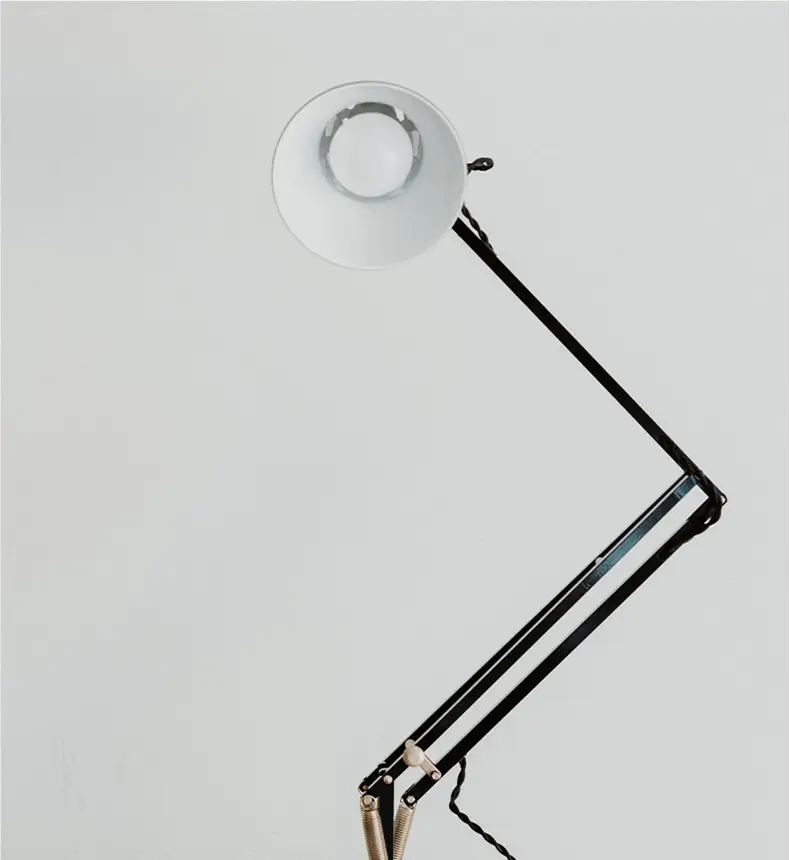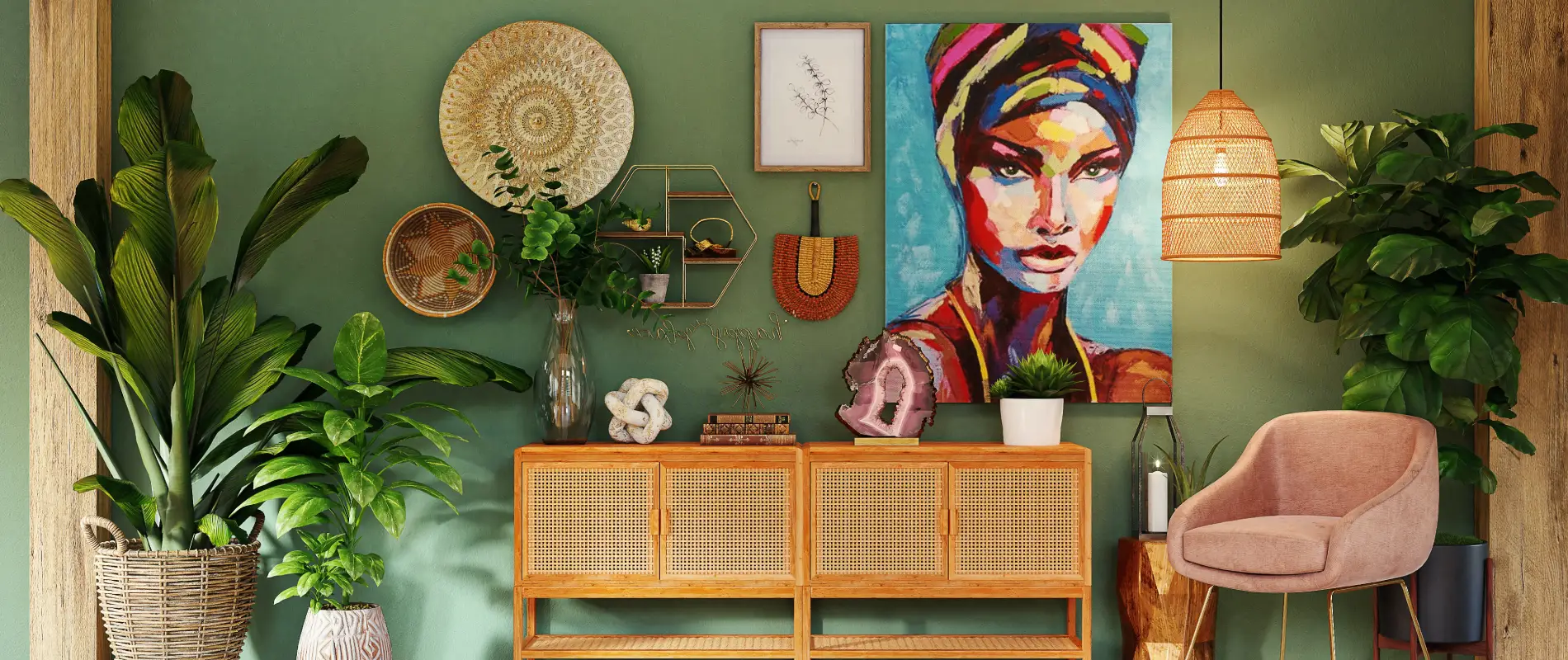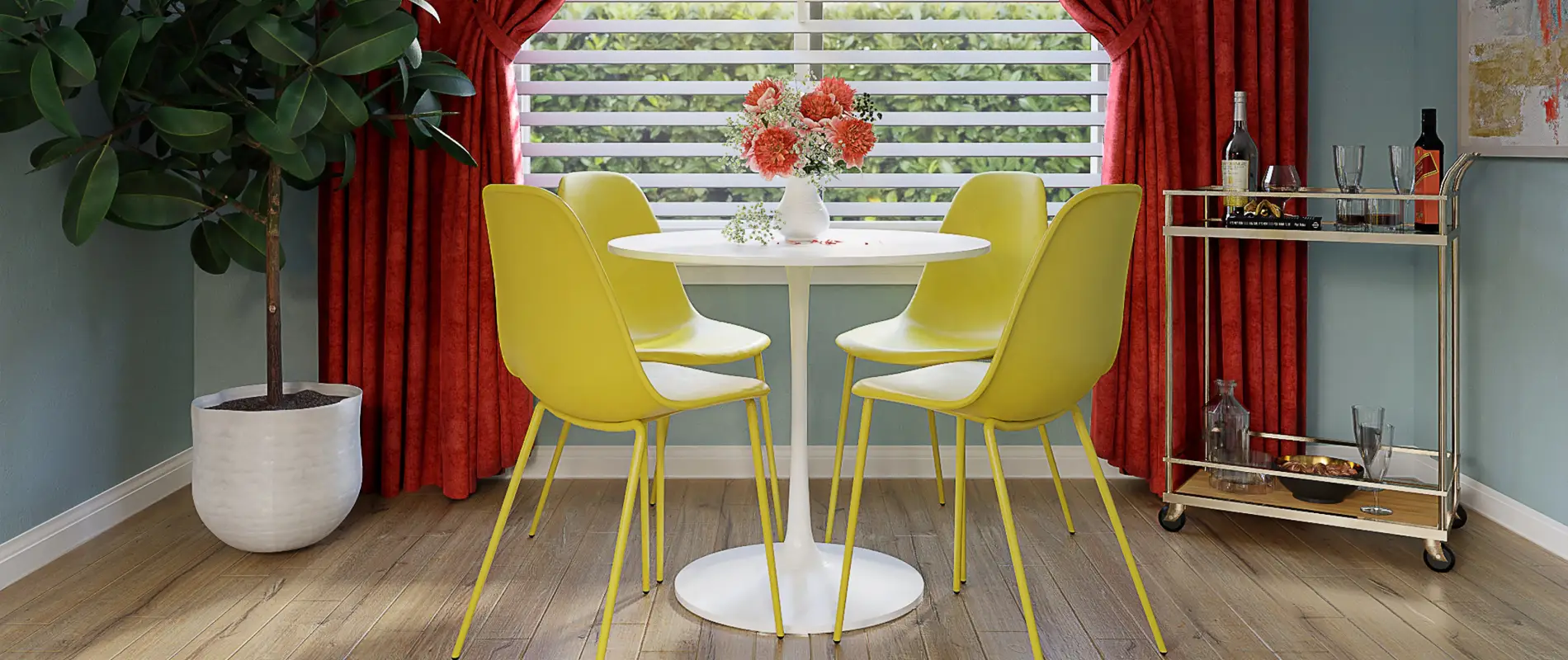Captivating multi-column layout for WordPress users
Transform your WordPress website design with a striking multi-column layout that seamlessly integrates textual and visual elements, creating an engaging experience for your visitors. This design features a spacious, asymmetrical arrangement that skillfully balances information and imagery, ensuring that your content stands out in all the right ways.
Layout analysis
- Overall structure: Experience a vibrant multi-column format that beautifully blends text and visuals.
- Arrangement of rows and columns: The layout is divided into two main vertical sections: a wider text section on the left and a narrower image section on the right, including a captivating image alongside category labels below.
- Asymmetrical design: This unique design approach allows for a dynamic feel, focusing more on textual elements, enhancing visual intrigue.
Element and feature description
- Visible elements:
- Headers: Command attention with the strong main header “Inspire the Next,” placed prominently at the top of your layout.
- Text blocks: Clearly crafted paragraphs outline your core ideas, paired with categories like Branding & Strategy, User Experience, and Experiments.
- Images: Use striking visuals, like an eye-catching lamp and a stack of academic books, to complement your text.
- Interactive elements: Though specific interactive features aren’t visible, the category labels suggest potential links or buttons to create a more interactive experience.
- Typography: Achieve clarity and readability with a bold sans-serif font for headers and lighter body text in a varied size hierarchy.
- Icons/Graphical Elements: Enhance visual appeal and categorization with circular icons accompanying each label, guiding users intuitively.
- Image Properties: Present your images in a clean orientation without borders or filters, allowing your content to shine.
Unique design aspects
- Standout design choices: The split layout captivates users, ensuring both text and images receive equal attention.
- Hover effects/animations: While hover effects are not specified, consider adding them to elevate user interaction.
- Responsive design features: The adaptable two-column format ensures your layout looks great on any device, allowing for a smooth transition to single-column views on mobile screens.
- Accessibility considerations: Thoughtful spacing and clear distinctions between text and icons support readability, enhancing user navigation.
Overall design style
- Design style: Embrace a modern and minimalist aesthetic that prioritises clarity and user-friendliness.
- Visual hierarchy: A bold header and highlighted categories guide users across your content effortlessly.
- Use of white space: Ample white space around elements enhances focus, providing balance and preventing visual clutter.
Ten ways to organise content in WordPress
Categories and tags
Use categories and tags to organise your content effectively. Categories help group similar posts, while tags provide specific labels, making it easy for visitors to find what they’re looking for on your WordPress website.
Pages and posts
Pages are static, ideal for timeless content like contact information or your “About” section, whereas posts are dynamic pieces of content sorted by date, often used for blog updates.
Custom post types
For more flexibility, you can create custom post types. This allows distinct content management like portfolios, testimonials, or products, depending on your site’s needs.
Utilise menus
Create intuitive navigation through well-structured menus, helping users easily find content across your site. Use dropdowns for hierarchical displays and straightforward user journeys.
Widgets for sidebar content
Widgets offer configurable options in sidebars, allowing you to display recent posts, comments, archives, or custom HTML, enhancing accessibility to various content types.
Featured content with lock blocks
Highlight important articles or pages using featured content options. This can help drive traffic to specific areas of your site, whether it’s a new product or an important announcement.
Section grouping with block editors
Use block editors to arrange content in sections or grids, providing a visual hierarchy that readers can easily follow and understand the relationship between content blocks.
Focus on internal linking
Guide users through your site with strategically placed internal links in posts or pages, enhancing content discoverability and increasing the time visitors spend on your site.
Engage with custom taxonomy
Enhance site navigation with custom taxonomies, offering specialised categorisation for unique content types. This enriches the browsing experience and improves site organisation.
Leverage Gutenberg patterns
Use Gutenberg patterns to set up consistent layouts across your site. Whether for blog posts, service pages, or portfolios, these reusable design templates streamline content creation.
Ten different types of content in WordPress
Blog posts
The quintessential WordPress content type. Blog posts are dynamic, chronological entries that keep your audience informed, entertained, or engaged, a staple for many WordPress website designs.
Images and galleries
Incorporate images to provide visual interest or create galleries for showcasing portfolios, travel logs, or event highlights, enhancing the expressive potential of your website.
Videos
Video content, whether hosted or embedded from platforms like YouTube, can capture attention, tell stories, demonstrate products, or tutorials, enriching your site’s multimedia potency.
Audio files and podcasts
Engage auditory learners by adding audio content like podcasts, interviews, or music, offering an alternative to text-based content and potentially widening your audience reach.
Infographics
Use infographics to present data or complex information visually. They are engaging, quickly convey information, and can be shared easily on social media, boosting your content’s reach.
Testimonials and reviews
Showcase customer testimonials or product reviews to build trust. Featuring user feedback can bolster site credibility and persuade potential customers by emphasising the quality or satisfaction conveyed by existing clients.
Case studies
Case studies offer detailed descriptions of your work or projects. They demonstrate your expertise, problem-solving skills, and the tangible benefits clients receive, resonating well with aspiring customers.
Portfolios
Display your best work through portfolios. This is essential for artists, designers, photographers, or developers eager to exhibit their skills and attract potential clients or employers.
Events
Create engaging event announcements with well-detailed pages or posts. Incorporate calendars, RSVP forms, and ticketing links to boost attendance and keep your audience informed about upcoming happenings.
FAQs and tips sections
Answer common questions or offer valuable tips in dedicated sections. This content aids current and potential customers, enhancing user experience by providing instant solutions to frequent queries.
Conclusion
Elevate your WordPress website design with this unique multi-column layout, seamlessly blending modern, minimalist style with engaging textual and visual elements. With a clear visual hierarchy and ample white space, this design supports readability and user engagement, making it a perfect choice for conveying information effectively. Don’t miss out on the opportunity to captivate your audience!





